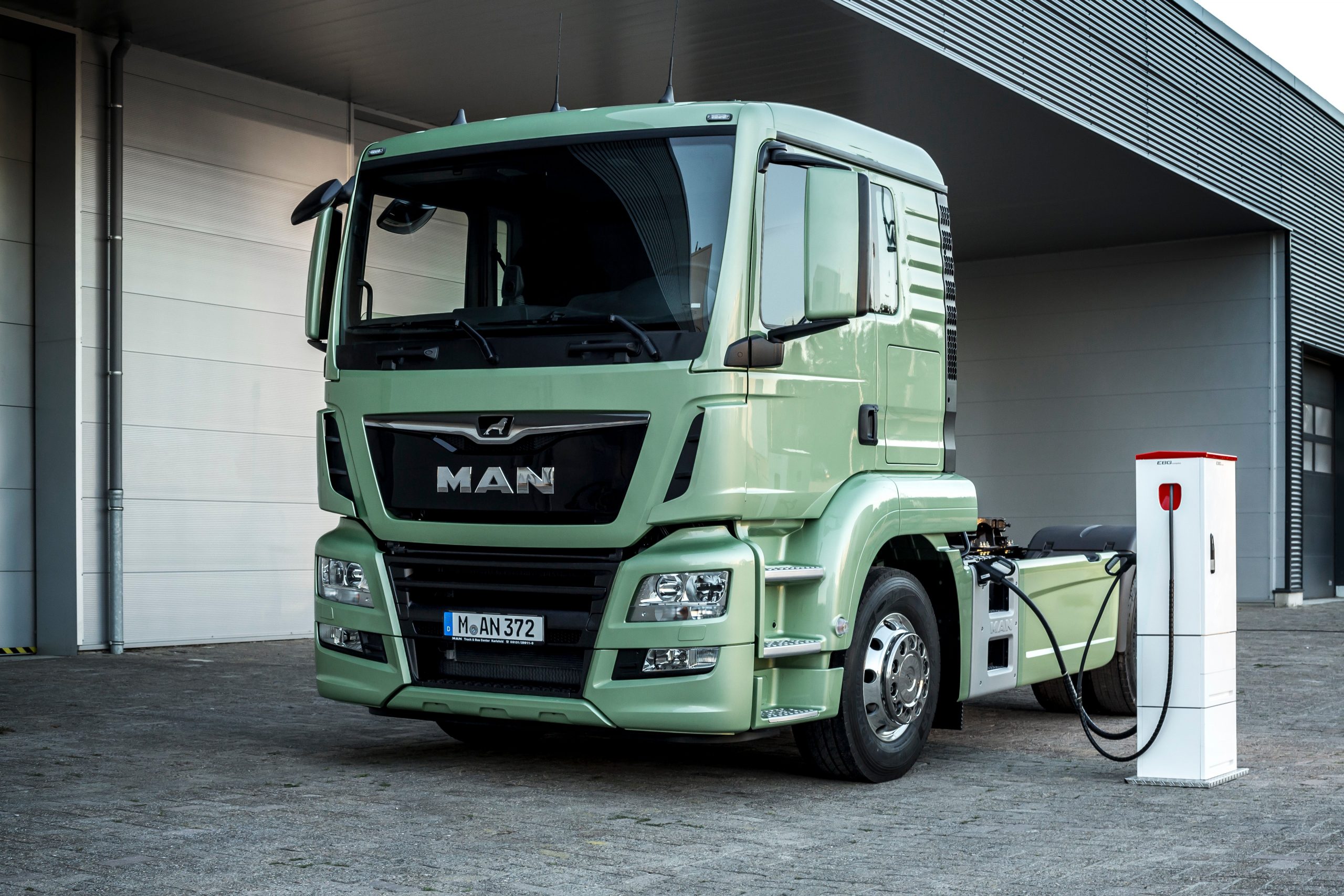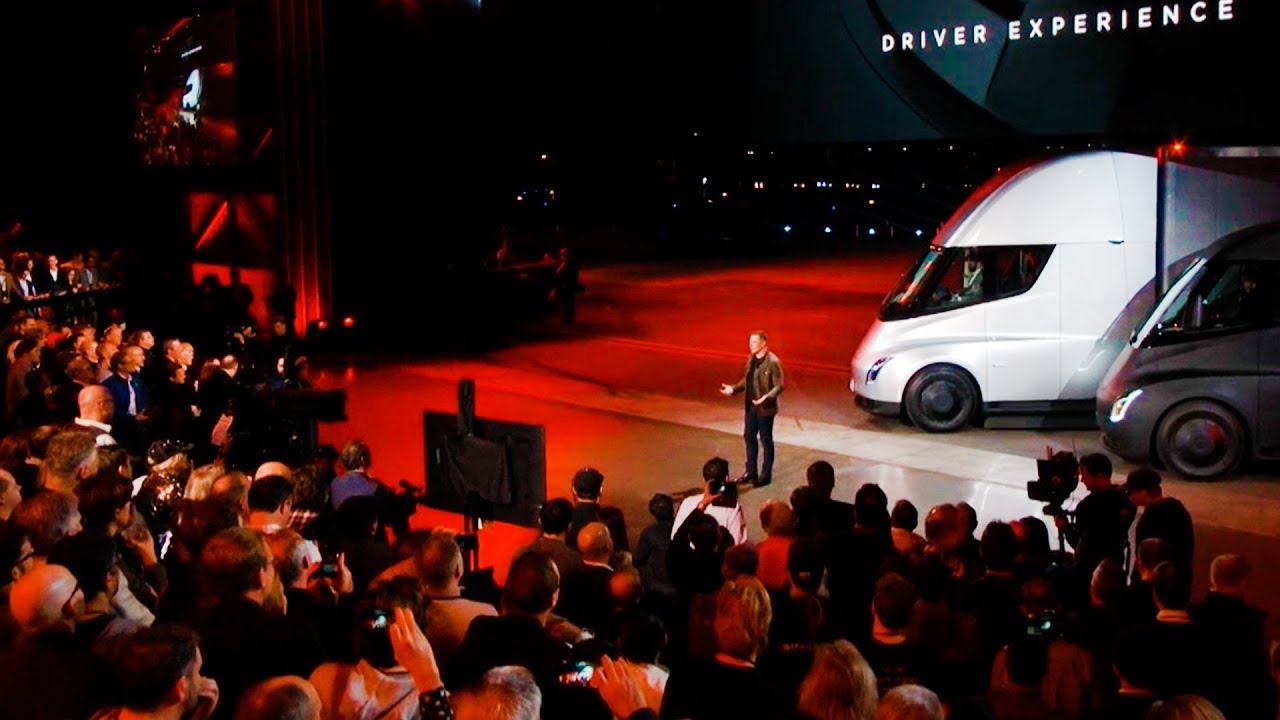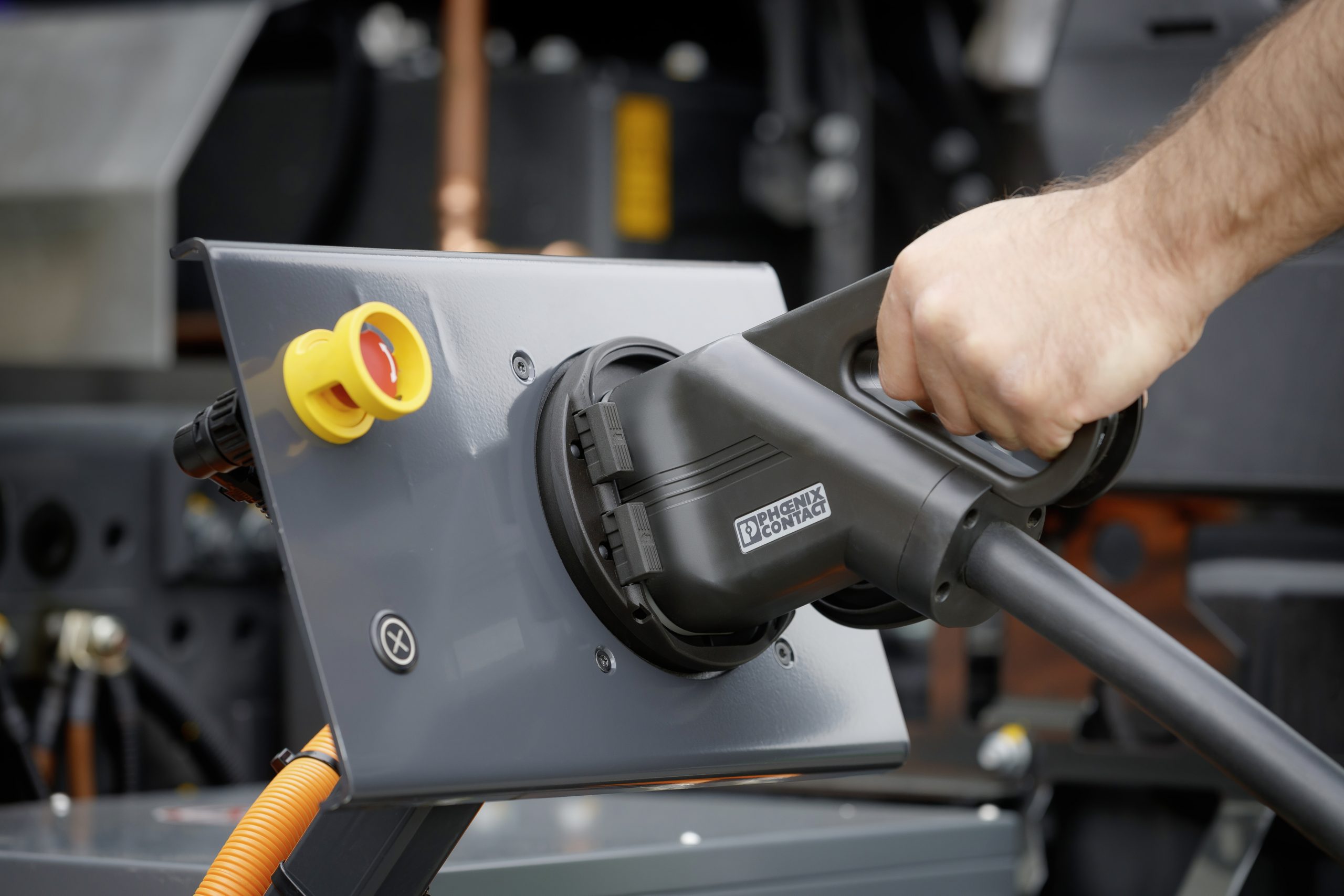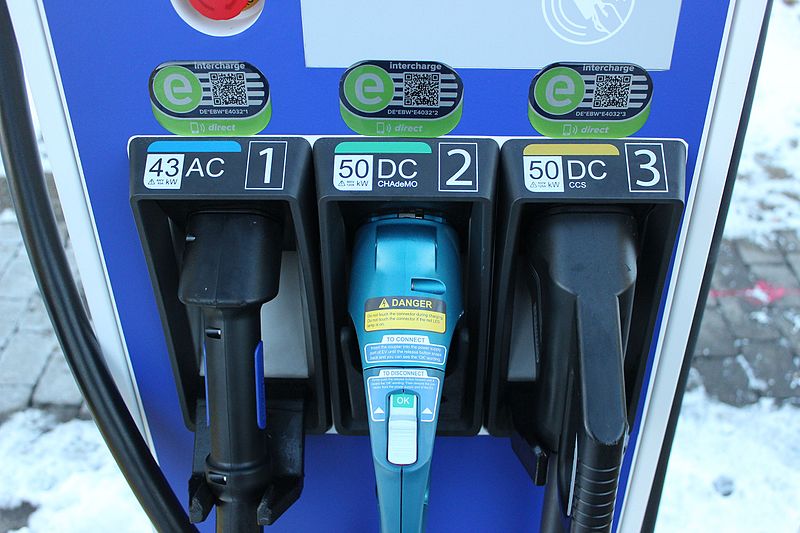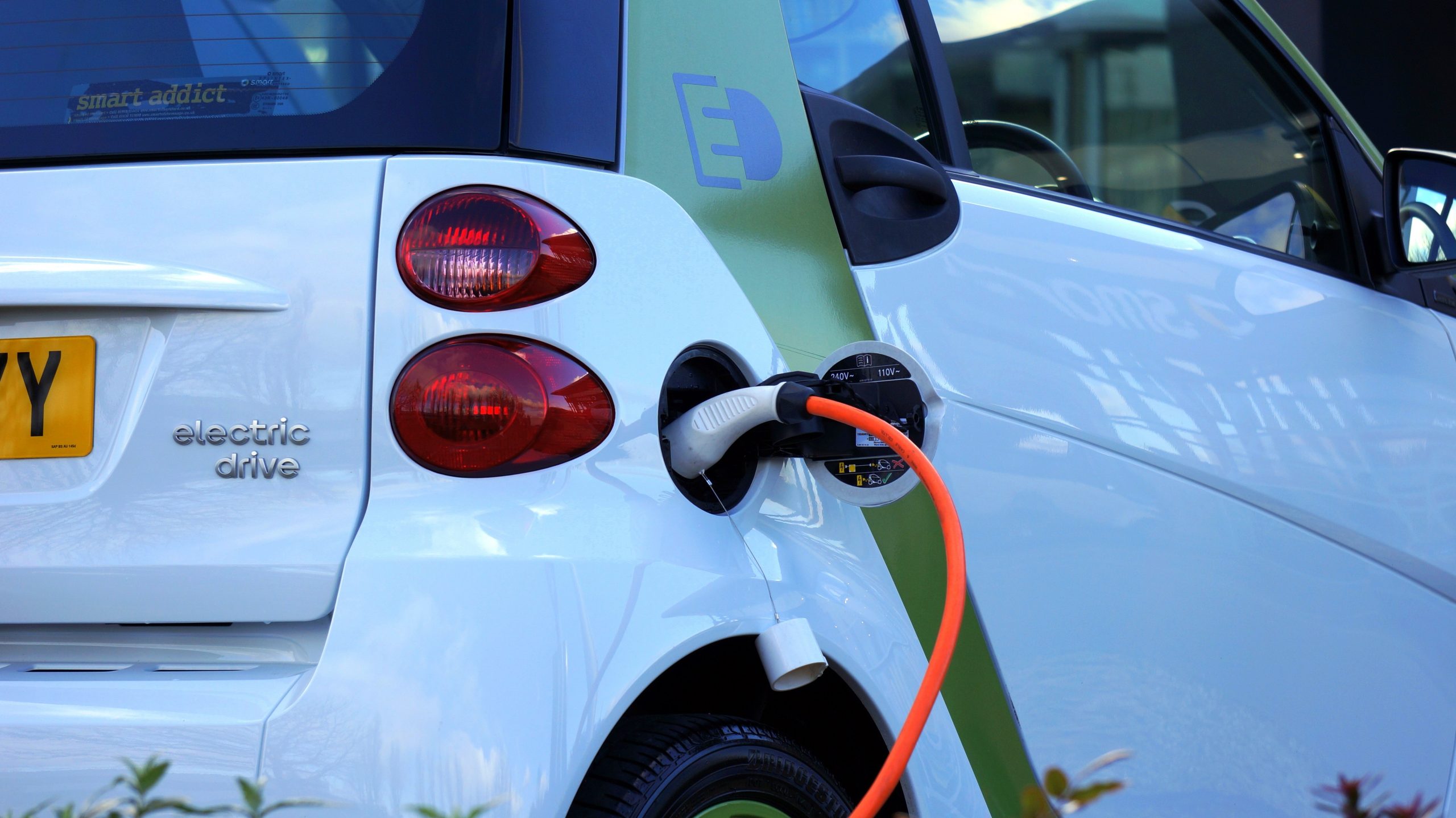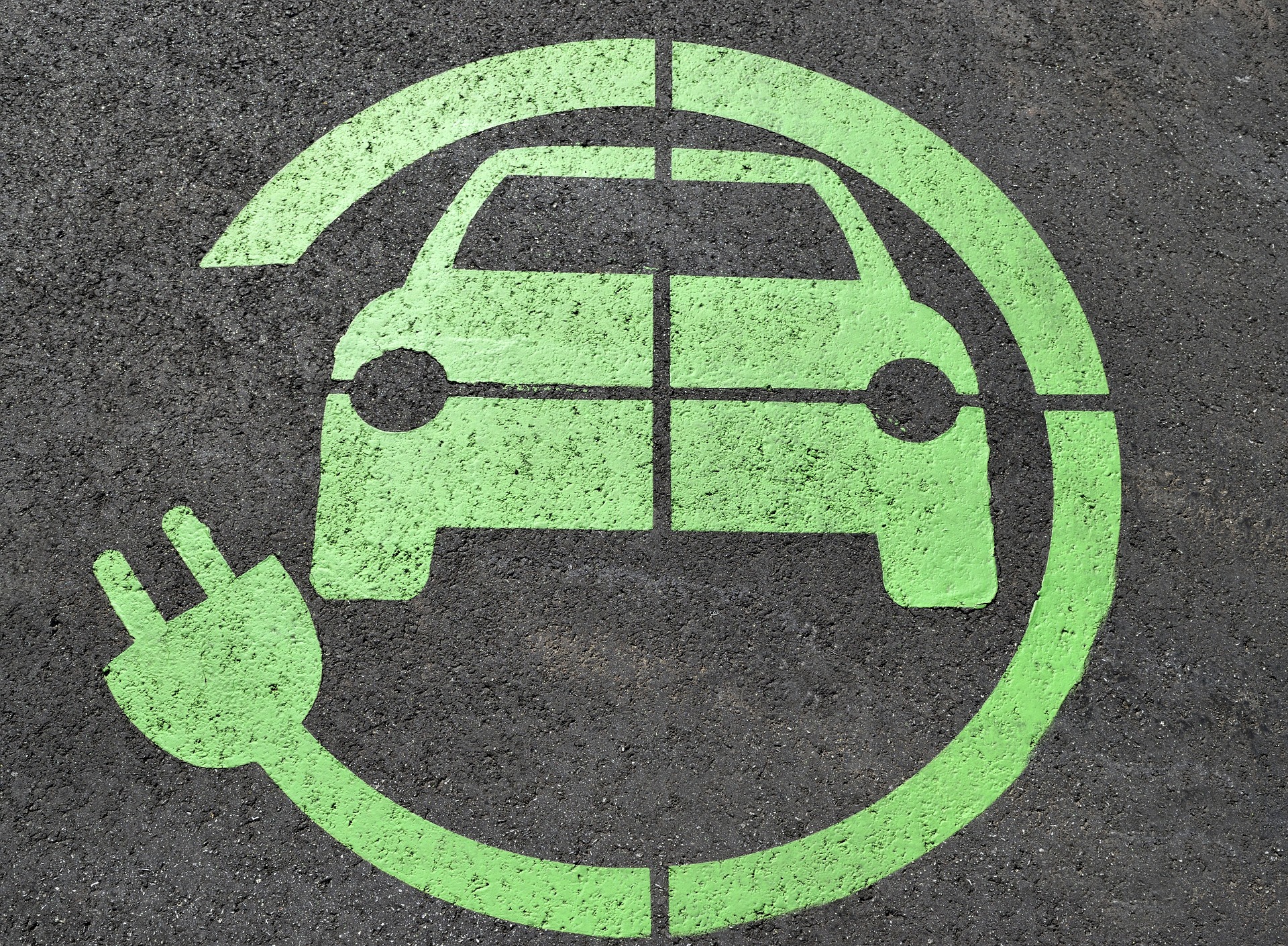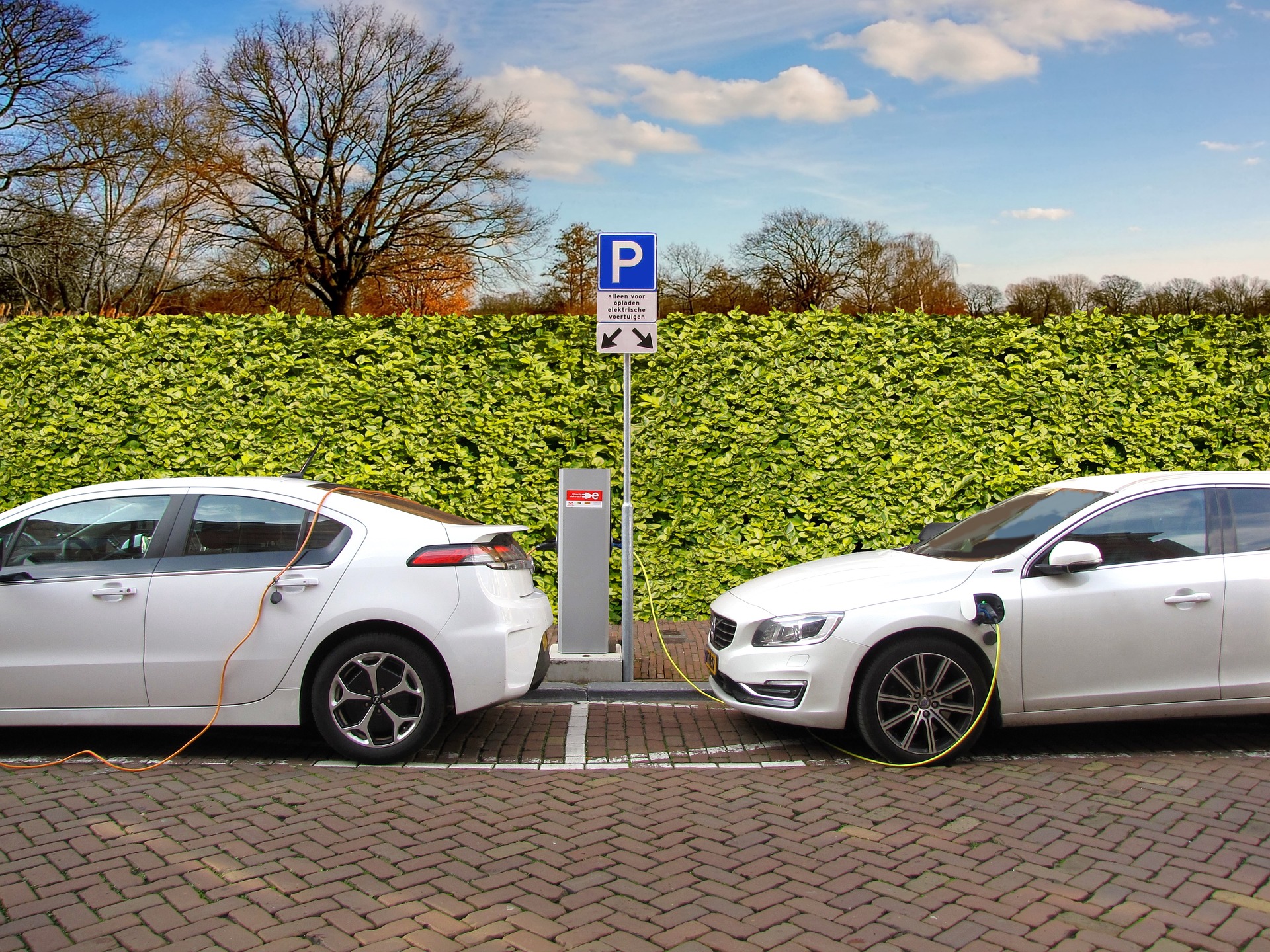Electric trucks essential to meeting Paris goals – government study
Electric trucks are urgently needed for Europe to achieve its climate goals, according to a new study commissioned by the Dutch Environment Ministry. It shows that one out of three new trucks will need to be electric or zero-emission by 2030 if the EU is to meet its Paris commitments.
